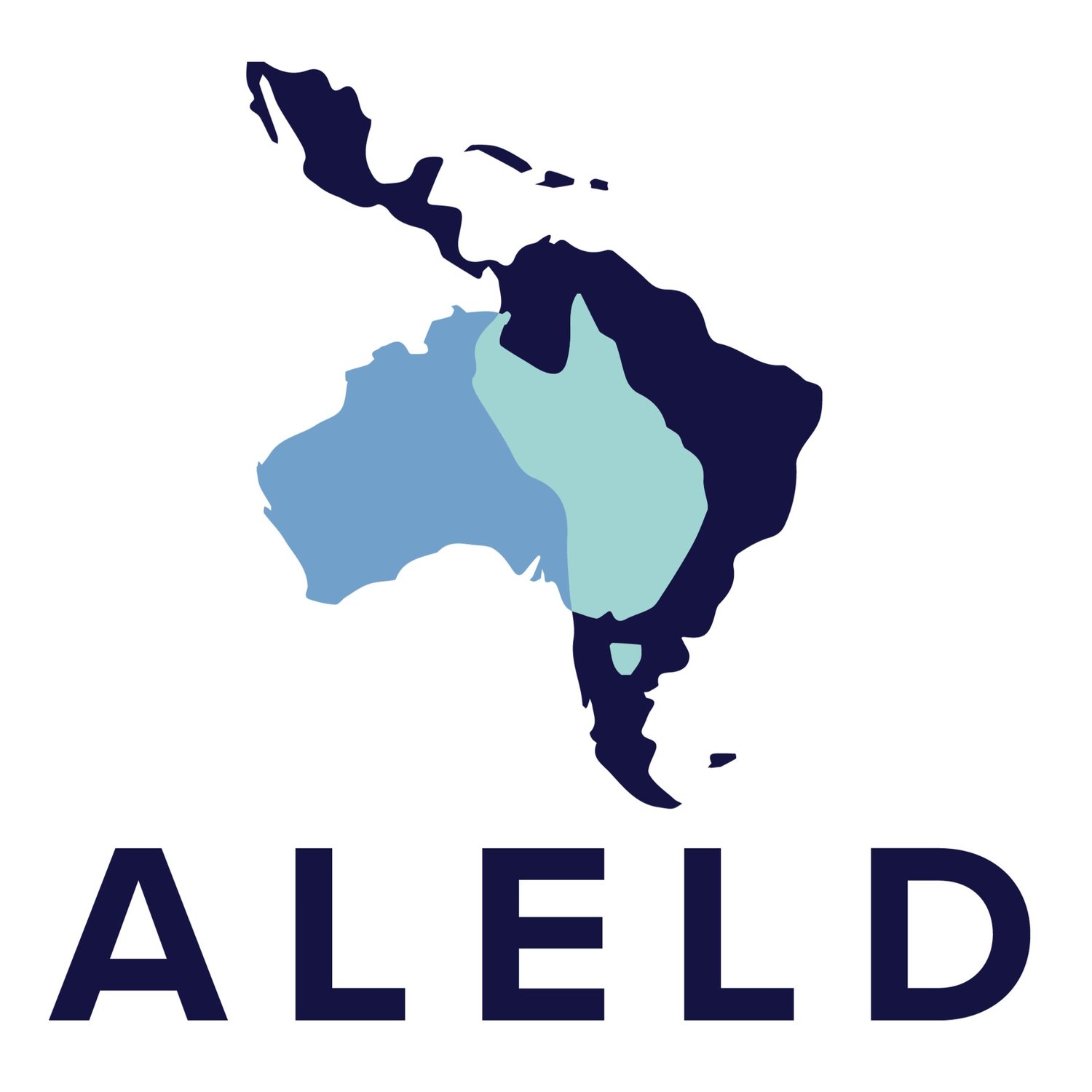Analysis: Argentina's 2023 Presidential Elections
On 22 October 2023, Argentina faced one of the most anticipated general elections in the country’s history. Defying expectations, Argentina’s ruling Peronist coalition secured a lead, setting the stage for a polarising run-off vote between the current Minister for the Economy, Sergio Massa, and far-right libertarian underdog, Javier Milei.
It is no secret that this year’s election took place amid several challenges: high inflation, increasing poverty, and the relentless devaluation of the Peso. Argentinians have widespread dissatisfaction with the current government, but also with the political establishment as a whole.
Argentina has a unique voting system for primary elections, which took place on 13 August. These elections are called PASO (Primarias Abiertas Simultaneas Obligatorias). Voting is compulsory and there are numerous eligible candidates. The results had Milei as the most popular candidate with 30% of the vote, Massa with 21.4%, and Patricia Bullrich with 16.9%. Since then, all parties have been working hard to maintain and gain more votes for the general election in October.
WHO ARE THE CANDIDATES?
Javier Milei
Milei is a libertarian economist who has promised to radically reduce the size of the government and privatise state-owned assets. He has been criticised for his manners, extreme views, and for being an outsider to the political establishment. However, he has also become a popular figure among young people and working-class Argentinians who have lost confidence in the traditional parties.
His economic plan promises a free market, minimal government, the elimination of Argentina's central bank, and abandonment of its currency in favour of the US dollar. He’s also proposed privatising state-owned assets, cutting taxes, and eliminating subsidies. However, Milei's critics argue that his policies would lead to economic chaos and social unrest, due to the fact that his party doesn’t have a majority in the Congress. His political style has also been compared to Trump and Bolsonaro thanks to his hostility towards the press, his rivals and foreign leaders.
Sergio Massa
Massa is the current Minister for the Economy, a lawyer, and career politician. He is part of the ruling coalition with the Peronist party, which has led Argentina for 16 of the last 20 years. Massa has apologised for his party's handling of the economy and has promised to stabilise the situation as President through investment in local industries and the expansion of energy production.
His supporters believe that his experience and moderate approach make him the best candidate to lead Argentina. Meanwhile, his critics argue he has a history of changing parties and his own rhetoric according to the situation. He was also part of the first Cristina Kirchner government, which was marred with corruption accusations that are still being investigated.
Patricia Bullrich
Bullrich is a conservative politician who served as Minister of Security from 2015 to 2019 in former President Macri’s government. She has positioned herself as a common-sense candidate, with conservative policies that are, however, much less radical than Milei's. A member of the “Juntos por el Cambio” coalition, the main opposition to the government, Bullrich wants to prohibit the central bank from printing more money to finance debts, and simplify the tax system. She has also supported a monetary system in which the peso and the dollar “coexist.”
Myriam Bregman
Bregman is a lawyer, socialist, and member of the “Frente de Izquierda y de los Trabajadores” coalition. She has been a deputy of the National Congress since 2013, and is a vocal critic of the neoliberal economic policies and a strong advocate for human rights.
Juan Schiaretti
Schiaretti is currently the governor of Córdoba (one of the most important provinces in Argentina). A moderate politician, member of the “Partido Justicialista”, he is known for his pragmatism and his ability to build consensus. Schiaretti has been governor of Córdoba since 2015 and is widely popular in the province.
WHAT’S THE CURRENT SITUATION IN ARGENTINA?
In recent decades, Argentina has been suffering from economic difficulties and political instability. The South American country has the highest debt in the International Monetary Fund (IMF) at about US$45 billion. Whoever is in government in the future will have to engage in periodic negotiations with the IMF over this debt. Meanwhile, poverty was at 40.1% in the first half of 2023, and September’s inflation rate was 12.7% with the annual variation reaching 138.3% (INDEC). In this context, prices are rising almost daily, while salaries continue to stagnate, which is a big problem for everyday Argentinian families.
WHAT’S NEXT?
Following the election this Sunday, Massa had 36.6% of the vote, Milei 30%, and Bullrich 23.8%. While pre-election polls predicted a strong win by Milei, the fact that no candidate has received at least 45% of the vote (or 40% with a 10-point margin of victory), politically polaraised Massa and Milei will now face off on November 19th in the ballotage, or run-off vote.
The outcome of this vote will depend on the turnout of undecided voters and the candidates' ability to mobilise their existing supporters.
The 2023 presidential elections in Argentina are shaping up to be a close and competitive race, and no matter the result, the outcome will for sure have a great impact on the country's future given the equally radical approach to economic policy.
Content Disclaimer
The views expressed in this article are those of the author and do not necessarily represent the views or opinions of the Australia Latam Emerging Leaders Dialogue

